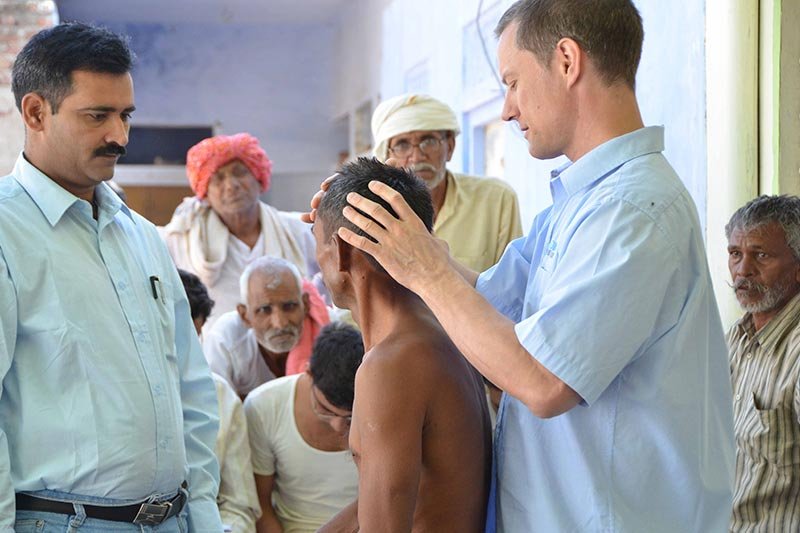GSCI Continues To Promote Evidence-Based, Sustainable Spine Care
This article was written by Dr. Claire Johnson and originally published in the World Federation of Chiropractic Quarterly World Report for October 2017.
Spinal pain is a primary cause of disability worldwide that affects approximately 1 billion people and disproportionately impacts women, the elderly, rural communities, and the poorest of the population. Spine disability is costly and is one of the largest contributors to non-communicable diseases. It is described as an epidemic in slow motion. Yet, despite the negative social, economic, and personal impact of spine pain and disability, no developmental help is available to reduce this burden. A model of care is needed to address this problem.
The World Spine Care (WSC), a non-profit organization dedicated to improving lives in under-served communities through sustainable, integrated, evidence-based spinal care. The WSC convened the Global Spine Care Initiative (GSCI), the purpose being to develop an evidence-informed, practical, and sustainable, spine health care model for communities around the world with various levels of resources. Funding from both the Skoll Foundation and the NCMIC Foundation made it possible to convene the GSCI. The Skoll Foundation provided a matching grant in which the key members of the GSCI volunteered to participate without any remuneration beyond travel expenses to several in initial meetings. The primary goal of the GSCI is to develop an evidence-based Care Pathway and Model of Care that provides guidance on how to implement a model of care for the management of spinal disorders in communities with limited resources.
Scott Haldeman, DC, MD, PhD, President of WSC
Leading the GSCI project is Scott Haldeman, DC, MD, PhD, President of WSC. He states that in low-income settings, we see a wide variety of spine-related symptoms including those that have a high incidence of chronic symptoms that interfere with normal activities of daily living. At the same time, we see a higher proportion of serious systemic diseases including spine infections, developmental, and congenital spine deformities in the primary care setting in low-income communities than what may commonly present in high-income communities. Thus, it has been his passion to bring evidence-based spine care to improve function and reduce suffering to people throughout the world. It has been noted that clinical staff members in low-income countries are unlikely to have the education, experience, and skills necessary to provide care consistent with current evidence-based spine guidelines. Therefore, in order to provide successful spine care programs, the GSCI developed a toolkit for a care pathway and model of care that are practical and sufficiently simple to be implementable by clinicians with limited training in the care of spinal disorders.
For the past four years, the GSCI team has been working on a series of papers that will be the foundation of this new model of spine care. A multidisciplinary team of over 60 clinicians, researchers, and other stakeholders from over 20 countries participated. The papers are nearing completion and over the next several months and will be published in a special issue of the European Spine Journal.
Dr. Geoff Outerbridge treats a patient in Ranthambore, India




